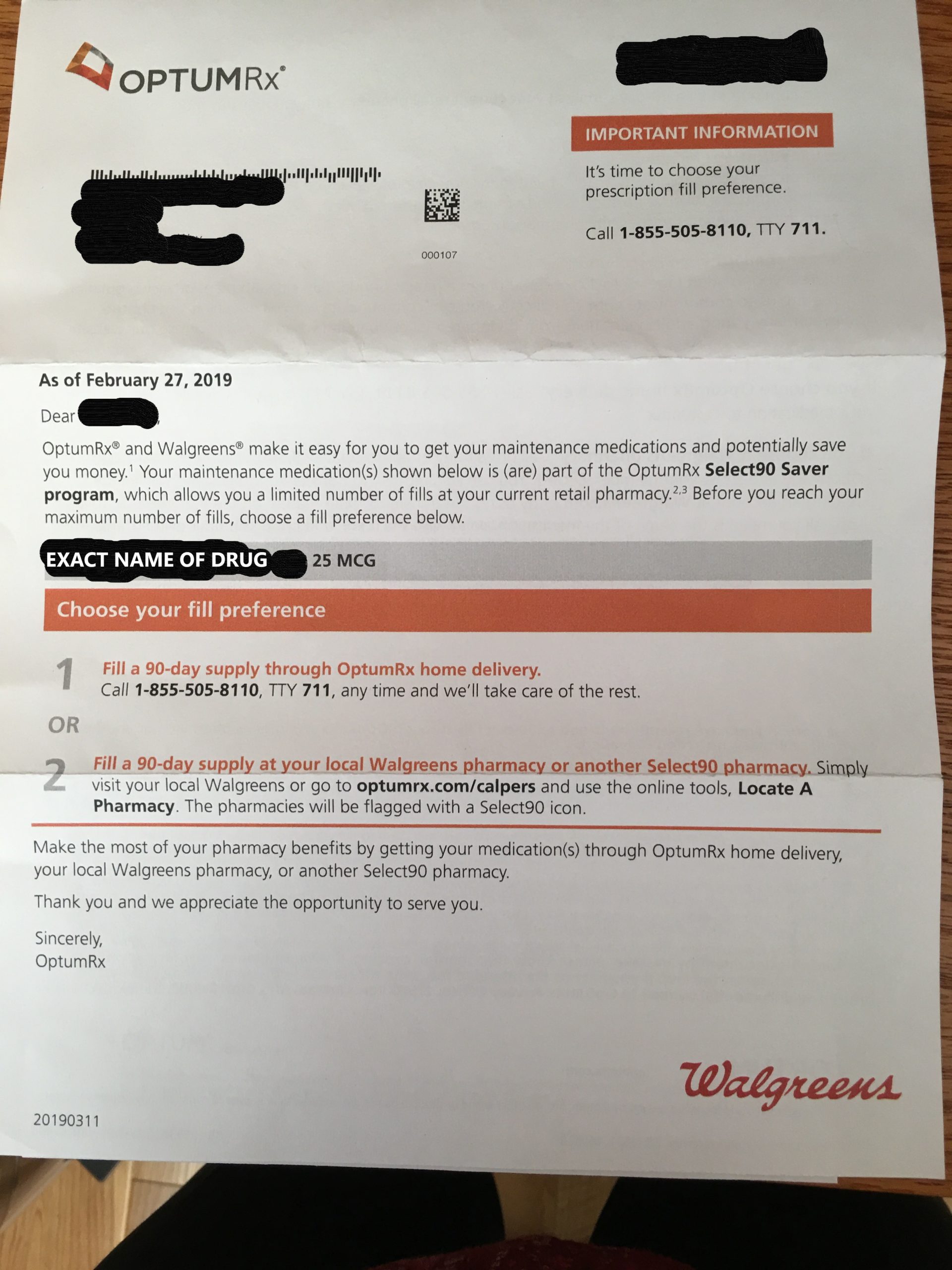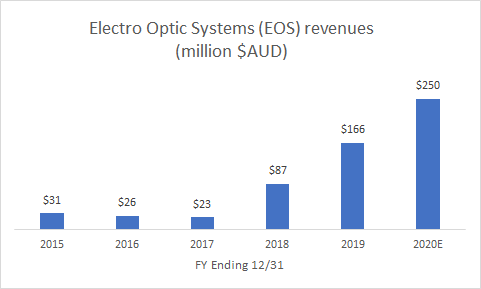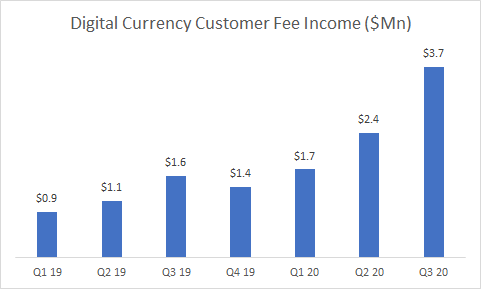
A few weeks ago, my mom and I were chatting on the phone when she brought up something perplexing.
The backstory
A few months ago, my mom goes to her doctor for a routine appointment.
Her doctor prescribes medication, and she goes to a nearby pharmacy – Walmart –to get the prescription filled
At Walmart, based on her insurance + medication:
- She has to pay $10 out-of-pocket per refill
- She can buy 30-day refills, but not 90-day refills
A few days after my mom buys her medicine from Walmart – she starts getting letters in the mail from Walgreens – a competing pharmacy chain.
The first letter or 2 she ignores.
“Typical junk mail”, she thinks.
But then she notices that Walgreens is advertising their 90-day prescription refill capabilities.
Amazing – this is exactly what Mom is looking for! She can save $20 every 3 months as well as a decent chunk time if she goes with the 90-day option.
But then she wonders to herself: “How does Walgreens know that I am in the market for a 90-day prescription refill?”
Moreover – what is particularly unsettling was that Walgreens had printed the EXACT NAME of her medication on their advertisement.
Unraveling the mystery
By this point on the call, I am intrigued, and I am ready to help Mom unravel this mystery. So we start a process of elimination to uncover the truth.
Was Walgreens doing a mass market campaign? And the timing just happened to coincide with my mom’s doctor visit?
Unlikely.
She had never received prescription-related mail from Walgreens before. The timing was too uncanny, and seeing the exact name of the drug on the letter pretty much rules out the possibility of a random mass-market mailing.
She was certain that Walgreens had access to her private medical data. But HOW did they get it?
Could someone at her doctor’s office be selling patients’ private info to Walgreens?
Very unlikely.
Multiple people across many organizations would be breaking the law at a massive scale. If it was just one doctor’s office, it isn’t worth it for any small group of employees at Walgreens to bother. If multiple doctors’ offices are involved, the level of coordination would become even more difficult.
In any case, the risk-reward tradeoff wouldn’t be worth it for anyone involved.
What if Walgreens had inserted a spy within Walmart to engage in corporate espionage?
Slightly more plausible, but still very unlikely given the risk-reward tradeoff. There are far easier, legal ways for multi-billion $ companies to make money.
Arriving at the conclusion
Within minutes, my mom and I have ruled all the possibilities that came to mind – from the reasonable to the outlandish. By process of elimination – I am 99% certain of how my mom’s private medical data ended up in a mail-advertisement.
My degree of confidence is largely informed by my previous experience as a hedge fund investor. I had done extensive research on the Pharmacy Benefit Management (PBM) industry.
PBMs are the hidden middleman that sit in between American patients, pharmacies, and employers. A simple way to think of PBMs is “insurance specifically for medications”.
I took a look at the letter that my mom had received. Sure enough, while Walgreens’ logo is on the bottom right, the logo on the top left as well as the signatory is OptumRx — one of the 3 major American PBMs that control 70% of the market.

Each PBM has “preferred” pharmacies that it likes to work with. These preferred pharmacies receive better deals from the PBM, and can thereby offer better terms for that particular PBM’s patients – such as 90-day prescription refills.
My educated hypothesis is that Walgreens is a preferred pharmacy for my mom’s Optum prescription plan, whereas Walmart is not. And when my mom’s prescription was filled at Walmart – Optum automatically enrolled her in a mail-marketing campaign.
Therefore, I strongly suspect that Walgreens never had access to my mom’s data.
Why this matters
While our journey didn’t result in a Hollywood-worthy tale of espionage, the resolution of “The Mystery of Mom’s Medicine” raises some lingering questions about just how complex the American medical system is. I’d love to know:
- Why doesn’t Walmart join Optum’s preferred network? Why doesn’t every pharmacy join every PBM’s “preferred network”?
- How are those special “preferred pharmacy” deals structured?
- What kind of kickbacks happen behind the scenes?
- Why is everything so opaque?
Another fascinating implication is what mega-corporations do with our private data and the lopsided power that they wield.
I’m sure that at some point, my mom signed some sort of agreement allowing Optum to send her mail advertisements.
But we sign so many agreements nowadays it’s impossible to keep track of it all, and it’s impossible to think through all the implications. So when my mom received unsolicited mail advertisements with her private medical information from a company she didn’t recognize (Optum)– she found it rather unsettling – and she assumed that Walgreens had her private info.
Despite Mom’s initial unease, to Walgreens & Optum’s credit, their marketing efforts worked! And my mom is now a happy customer saving money using Walgreens rather than Walmart to fill her prescriptions.
My mom’s story is a mere microcosm of what is happening across the world, and especially in the tech sector. Today, there is a lot of political scrutiny around the Facebooks, Amazons and Googles of the world and the power that they wield in our daily lives. But in reality, this is happening in every industry and every geography, and there is no avoiding it.
The fact is, we now live in a world where privacy is fleeting and data is cheap. Not only do I think resistance is futile, but I think that the tradeoff is well worth it for the average citizen.
Walmart is a $320bn market cap behemoth. United Health (the health insurance parent company of Optum) is not too far behind at $240bn. And Walgreens clocks in at a respectable $50bn. And you know what . . . I quite enjoy seeing these gargantuans battle it out to save ordinary folks like my mom $20 every 3 months.
**
About the author: Yishi the co-founder & CEO of DeepBench — We connect users with experts on any topic in any industry, and we also license our software to enterprises to better unlock expertise internally. (Check us out if you are interested in joining our network or using our product!)



